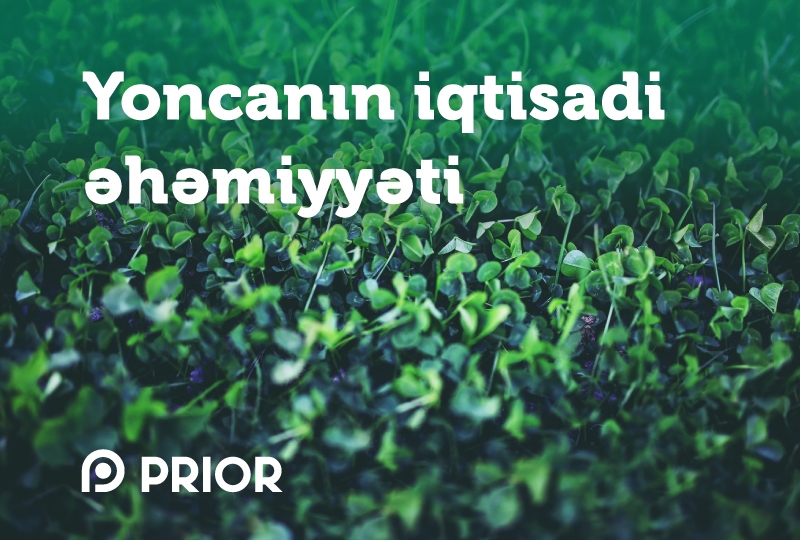The economic importance of clover

Clover is one of the main fodder crops in agriculture. Rich in vitamins, this plant plays an important role in animal nutrition. In the climatic conditions of our republic, it is possible to harvest five times a year. The best alfalfa soils are loamy, sandy-loamy, not too sandy, with enough lime. The closeness of groundwater to the surface and the pH below 6.5 hinder the growth of alfalfa. The soil should be rich in phosphorus and potassium. Because alfalfa seeds are very small, the area where alfalfa will be planted must be well prepared. The planting bed should be free of hard weeds and the soil should not be wet to a depth of a few cm. For this reason, deep plowed soils should be plowed with a disc and leveled with a rake. The physical and biological quality of the seeds to be used for sowing should be high, and the use of certified seeds should be preferred. Clover seeds can survive for a long time under normal storage conditions. The use of certified seeds of high physical and biological quality should be preferred. Clover is a plant that attracts a lot of nutrients from the soil. The application of farm fertilizers also stimulates the development of alfalfa seeds. Clover absorbs most of its nitrogen through the tubers in its roots. According to the results of soil analysis, which was applied to alfalfa, nitrogen and phosphorus can be applied during sowing on the instructions of an agronomist. While phosphorus is an important element for alfalfa seed development, potassium also plays an important role in alfalfa development as an element that increases alfalfa's resistance to cold. In areas with high temperatures, the water demand of clover can reach up to 2500 mm. Irrigation can be carried out every 10-15 days, depending on the planting season and area. The main point to pay attention to when irrigating alfalfa is to re-water it after each harvest. As an irrigation system, alfalfa can be irrigated through a sprinkler irrigation system and ditches. The timing and intensity of irrigation should be determined by an agronomist. This is the period when the clover grown for grass reaches 10% flowering at the right time. Productivity varies depending on soil composition, fertilizer and irrigation. Height for shaping should be 8-10 cm. If the clover is stored, it should not be dried too much, as this can lead to a decrease in vitamin A in the grass. Economic importance of clover:
- Yields 7 years, no great demand for fertilizers;
- Seeds are cheap, agro-technical maintenance is not expensive;
- Sold in wet and dry form, the demand is great;
- Labor costs are low, not demanding on irrigation, etc.
back











